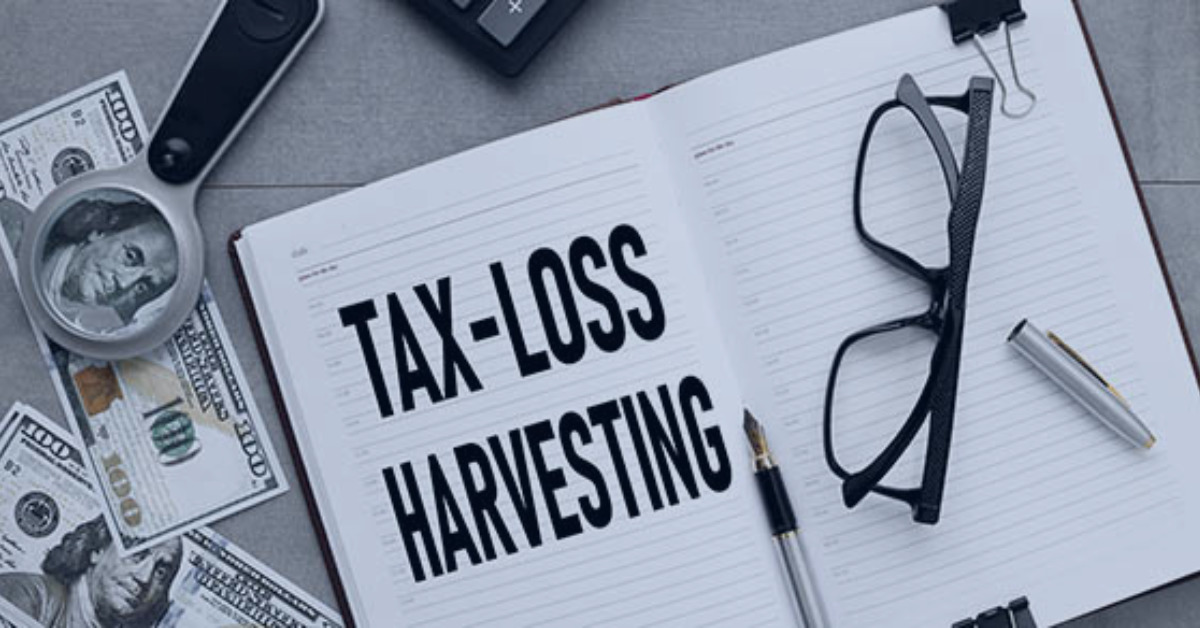With the rising cost of college, many families are in search of scholarships to help pay the bills. If your child is awarded a scholarship, you may wonder about how it could affect your family’s taxes.
Good news: Scholarships (and fellowships) are generally tax-free for students at elementary, middle, and high schools, as well as those attending college, graduate school, or an accredited vocational school. It doesn’t matter if the scholarship makes a direct payment to the individual or reduces tuition.
Requirements for tax-free treatment
Despite this generally favorable treatment, scholarships aren’t always tax-free. Certain requirements must be met. A scholarship is tax-free only if it’s used to pay for: Tuition and fees required to attend the school, and Fees, books, supplies, and equipment required of all students in a particular course. For example, expenses that don’t qualify include the cost of room and board, travel, research, and clerical help.
A scholarship award is taxable to the extent it isn’t used for qualifying items. The recipient is responsible for establishing how much of an award is used to pay for tuition and eligible expenses. Therefore, you should maintain records (such as copies of bills, receipts and cancelled checks) that reflect the use of the scholarship money.
Taxable and nontaxable amounts
Subject to limited exceptions, a scholarship isn’t tax-free if the payments are linked to services that your child performs as a condition for receiving the award, even if the services are required of all degree candidates. Therefore, a stipend your child receives for required teaching, research, or other services is taxable, even if the child uses the money for tuition or related expenses.
What if you, or a family member, are an employee of an educational institution that provides reduced or free tuition? A reduction in tuition provided to you, your spouse or your dependents by the school at which you work isn’t included in your income and isn’t subject to tax.
Payments reported and not reported on tax returns
If a scholarship is tax-free and your child has no other income, the award doesn’t have to be reported on a tax return. However, any portion of an award that’s taxable as payment for services is treated as wages. Estimated tax payments may have to be made if the payor doesn’t withhold enough tax. Your child should receive a Form W-2 showing the amount of these “wages” and the amount of tax withheld, and any portion of the award that’s taxable must be reported, even if no Form W-2 is received.
These are just the basic rules. Other rules and limitations may apply. For example, if your child’s scholarship is taxable, it may limit other higher education tax benefits to which you or your child are entitled.
Contact us if you wish to discuss these or other tax matters further. © 2023


